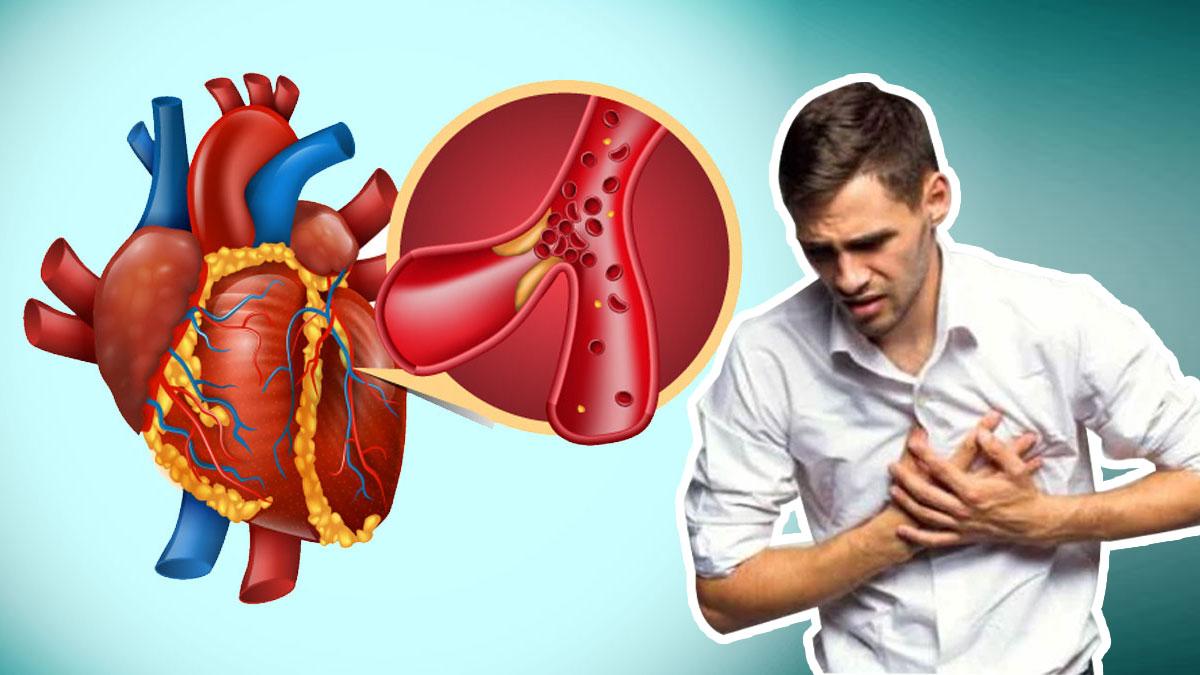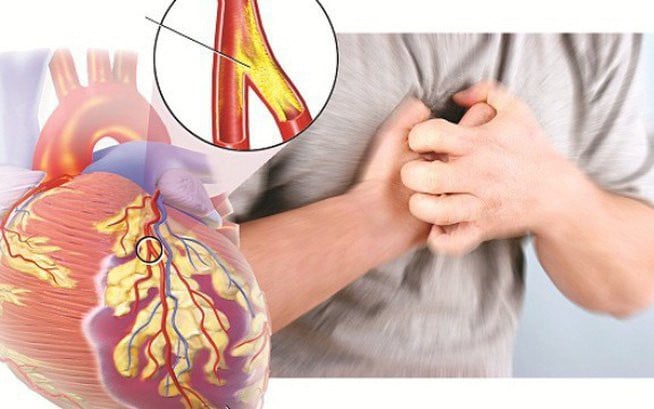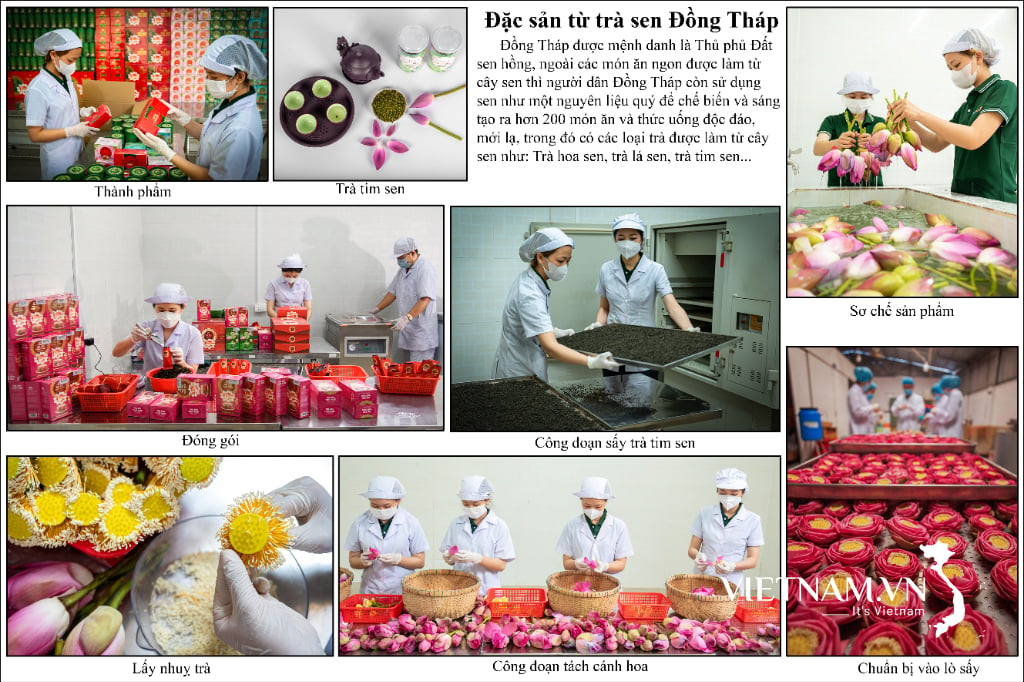Patients with cardiovascular disease should measure their blood pressure at home regularly.
In cold weather, blood vessels tend to constrict to prevent heat loss, causing blood pressure to rise, which is a leading risk factor for many dangerous cardiovascular diseases such as atherosclerosis, myocardial infarction, heart failure, and stroke. Therefore, people with cardiovascular disease need to properly measure their blood pressure at home according to instructions so that their doctor can adjust it if necessary.
Here's how to measure blood pressure at home:
Patients should measure their blood pressure in the morning after waking up and again in the afternoon or evening while resting. When measuring blood pressure, patients should note the following:
- Measurements should be taken while sitting, with your back straight and leaning against a hard chair.
- Both feet touching the ground, not crossed.
- Rest and relax for at least 20 minutes before taking the measurement.
- Place your hands on the table, level with your heart.
Then, record the results to compare and track the measurement trends over time.
If you experience any unusual symptoms such as chest pain, shortness of breath, or infection (fever, cough with phlegm, digestive disorders, urinary disorders, etc.), you should immediately go to a medical facility or contact your doctor for prompt examination, as cardiovascular conditions such as heart failure, coronary artery disease, etc., can progress rapidly and become severe.

In cold weather, blood vessels tend to constrict to prevent heat loss, causing blood pressure to rise, which is a leading risk factor for many dangerous cardiovascular diseases such as atherosclerosis, myocardial infarction, and heart failure.
Diet and exercise for people with cardiovascular disease.
Patients with cardiovascular disease need to eat a balanced diet, consume warm foods, and drink enough water (in cold weather, the air is often dry, and many patients, especially the elderly, do not drink enough water, which reduces circulatory volume and can lead to kidney failure, hypotension, etc.).
People with cardiovascular disease should avoid the habit of eating salty foods for "health" or "to ward off the cold," because in reality, a salty diet increases circulatory volume, raises blood pressure, and causes atherosclerosis and calcification of blood vessel walls. According to the 2015 STEPS survey by the World Health Organization (WHO), Vietnamese people currently consume about 9.4 grams of salt per day, almost double the recommended level.
For most cardiovascular patients, moderate-intensity exercise for 30-60 minutes per day, mostly 4-7 days a week, is recommended. However, in cold weather, some adjustments may be necessary, such as delaying exercise to early mornings, avoiding outdoor exercise on freezing or polluted days, and especially keeping the body warm.
Numerous studies have demonstrated the beneficial effects of influenza vaccination, such as reducing cardiovascular events, including IVVE, IAMI, and DANFLU-1. Therefore, people with cardiovascular disease should consider getting the influenza vaccine to help stimulate immunity, increase resistance, and limit the risk of severe disease progression.
 Dietary choices that help reduce the risk of cardiovascular disease.
Dietary choices that help reduce the risk of cardiovascular disease.Source: https://suckhoedoisong.vn/nguoi-benh-tim-mach-can-luu-y-gi-trong-mua-lanh-169251031190054811.htm






![[Photo] Prime Minister Pham Minh Chinh presides over a meeting on private sector economic development.](/_next/image?url=https%3A%2F%2Fvphoto.vietnam.vn%2Fthumb%2F1200x675%2Fvietnam%2Fresource%2FIMAGE%2F2025%2F12%2F20%2F1766237501876_thiet-ke-chua-co-ten-40-png.webp&w=3840&q=75)
































































































Comment (0)